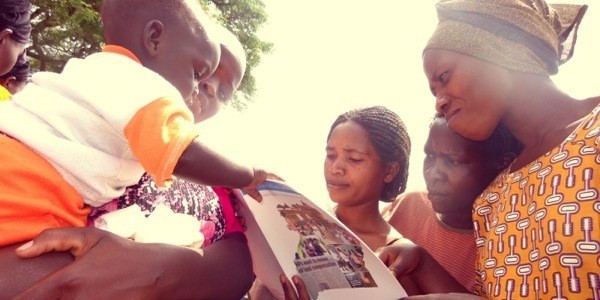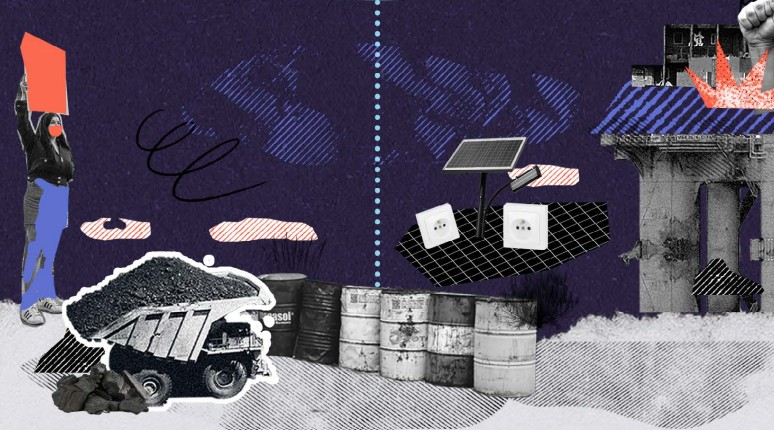We are grassroots activists taking on one of the most powerful industries in the world. And despite the odds, this movement has achieved great things, and continues to grow.
In 15 years, we went from being a handful of civil society activists to today’s thriving global coalition, with 700 member organisations in over 50 countries, from Australia to Zambia. PWYP represents thousands of people who want natural resources and trillion-dollar industries to do more for regular women and men.
Our strength is in our diversity. We work at every level of the extractive sector. Only in the last few months, I have met PWYP members living near open cast mines in remote villages in Guinea who come together to demand that the mines contribute more to the local economy. And I have met lawyers in Mongolia who are taking their government to court for failing to abide by their own mining laws. Side by side, we stand stronger together.
We have brought transparency to a sector that was shrouded in secrecy and an opaque culture. We were central to the establishment of the Extractive Industries Transparency Initiative (EITI), which now sees more than 50 countries disclosing $2 trillion in extractive revenues. Laws have been passed in more than 30 countries, from the European Union to Canada, which compel extractive companies to publish their payments to governments around the world.
The challenge in front of us now is to build on these achievements, scale up our impact and continue to strengthen our movement. And this is exactly what the Global Strategy 2020-2025 intends to do.
In surveys, meetings and webinars during the last 18 months – discussing our new direction of travel – you have been sharing how we can delve even deeper into the global extractive economy, elevate our collective voice and keep pushing for greater transparency, citizen participation and accountability.
The new strategy lays the path forward. It includes three important shifts.
The first: a bigger focus on civic participation and accountability.
Transparency, although crucial, is not enough to create the changes we need in the extractive sector. We will continue to demand more and better disclosure of information. But we will look increasingly at how we can empower citizens, particularly the most marginalised, to speak up and to be heard in decision making processes that affect their lives. This is all the more vital in countries where civil society space is shrinking and needs robust defending.
The second: a call for new types of information disclosure.
The transition to a low carbon economy – as well as the social and environmental impacts of extraction – change the type of information we need from companies and governments. In some countries that are rich in fossil fuels, financial returns may be lower than they have been in the past. For others, the low carbon economy offers new opportunities – for example DRC’s cobalt and copper will be vital components for electric cars.
These trends will profoundly affect the extractive sector. We need to be ahead of the curve to demand transparency in these areas as well.
The third shift – and the heart of the strategy – is to give ourselves four new, collective, global goals.
Our first goal for the movement is to demand more and better information. It’s about keeping the global push for transparency – and taking transparency further, with the needs of everyday citizens in mind.
The second is influence. In other words: putting that information to work, and using it to realise the change we want to see.
The third goal is to be heard. We want to increase citizen participation in natural resource governance wherever we work.
And the fourth is to be more connected. This is about strengthening our movement – to weave closer ties to one another and become more inclusive, more effective and more powerful in our collective action.
What’s next? The Global Council and Africa Steering Committee have now approved the strategy, and we look forward to adopting it together when we meet at the Global Assembly in Senegal in January.
With your input, we will then translate the strategy into a detailed set of operational priorities for the next five years.
The challenges are great, but so is our collective talent, power and commitment. The world has never needed them more. Here’s to our next chapter together.











